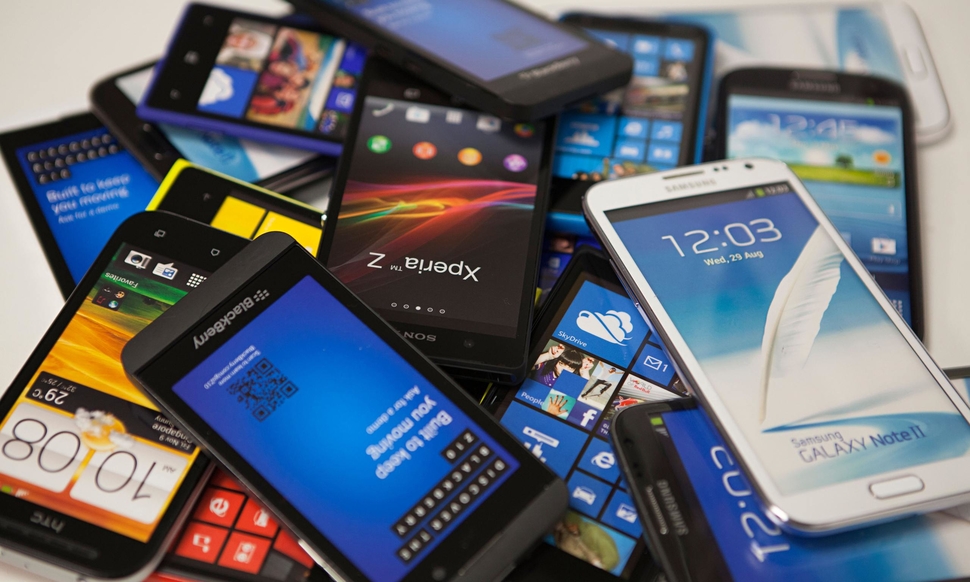Mobile phones
Mobile phones have been around for quite a while now. The first commercially available phones were brought on the market in 1983. Since then we have seen more and more innovations in the mobile phone industry. Not only the mobile phones have developed, but also the usage of the phones have become different. The market around the phones has grown with this, think about all the apps that are available today.
The technologies that encompasses the mobile phone is always developing which steadily increases the usability of the smartphones for a price that keeps decreasing, thus also a frugal innovation. This means more people on the world are interconnected through their phones.
When looking at the history of the mobile phone itself, besides the introduction of the phone itself there is one radical shift. This is the introduction of the smartphone. Besides that shift the mobile phone design itself has not changed that radical. What is radically changing however, is the way that phones are being used. The world that we live in today, emits more and more data. A lot of which is emitted through these phones.
This data can compass almost everything. From how to save the banana harvest in Uganda to using Twitter how differently men and women think about subjects. Some people even call the Arab Spring the Facebook Revolution, whether this is true I will not debate on. The possibilities here are almost endless. Changing the way we use mobile phones can radicalise the way we handle things.
Imagine if after the Haiti earthquake everybody had a phone and would be able to transmit their location and the state that they were in through a certain app. Even Twitter and Facebook could be used for this if all data coming out the crisis area would be made publicly available. Aid could have been given much more efficiently by taking out critical cases and helping those first. Nowadays aid organisations first have to locate the people themselves and asses their situation. A lot of valuable time is lost in this method.
A lot of data generated in mobile phones is still being left unused. This data however, can make us realise things that we otherwise could have missed. The infrastructure for using this data in the proper manner is not really there yet, which is why innovations in this field can radically change the way we would view things.
In my opinion one of the THE most interesting fields for innovation is the mobile phone industry. As I told earlier in this column a lot is possible using mobile phones as a medium. Mobile phones can provide society with a lot of data. The innovation comes in on when and how to deal with this data.
Bas Krijnen
